Africa: so near and so far
Interview with José Naranjo
José Naranjo (Telde, Gran Canaria, 1971) is one of those journalists who carry a notebook, pen, camera and just wanders around. Not because he’s stuck on the older days but quite the opposite. He considers that the only way to truly tell a story is to take your time and travel to the location, investigate, talk to the protagonists, research, corroborate and then start writing. Even though the digitalization of the information means a great help to the spreading of the journalist’s work, Naranjo reflects on his profession, on the actual avalanche of information being published immediately, and he wonders if the journalist’s only option before this situation is just “to stand still”. Although that wasn’t exactly what he did when he decided he had to tell in a different way the arrival of women, men and children coming from Africa to the Canarian coast.
The phenomenon of the arrival of little boats filled with Africans with the common goal of getting a better life in Europe took him to make the almost 200km jump that separates the Islands from the mainland. He travelled around Morocco, the Sahara Desert, Senegal, Mali, Gambia, Green Cape, Algeria and Mauritania looking for answers, the stories of those people. He currently lives between Dakar and Bamako and from there he collaborates as a freelance journalist with different media, like El País, SER, Mundo Negro and La Provincia, to which he’s informed about the war in Mali, the ebola epidemics, the spreading of the jihad in Africa, the food crisis in Sahel or the exploitation of the natural resources by foreign governments and multinational companies.
He’s written two books: Cayucos (Ed. Debate 2006) and Los invisibles de Kolda (Ed. Península 2009). He’s also collaborated with other journalists on Inmigración en Canarias. Procesos y estrategias (Immigration in the Canary Islands. Processes and strategies) (Fundación Pedro García Cabrera, 2008), Las migraciones en el mundo. Desafíos y esperanzas (Migrations in the world. Challenges and hopes) (Icaria, 2009) and Fronteras 2.0, Integración Social y Cultural en el mundo globalizado (Borders 2.0, Social and Cultural Integration in the globalized world) (2011).
He’s received several awards for his journalistic work, like the Antonio Mompeón Motos of Journalism in 2006 and the Human Rights Award from Abogacía Española in 2007. The last one, the Canarias Award of Communication in 2016. We give him the floor.
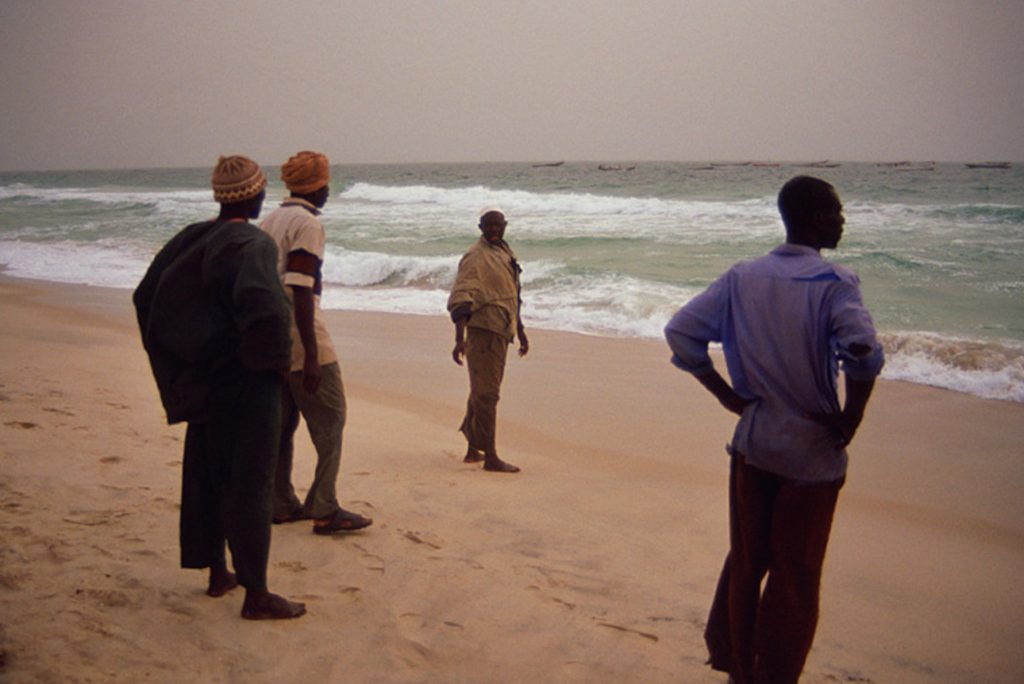
Why Africa?
Africa came to visit me with the arrival of dinghies to the Canary Islands. As a journalist I had to cover that phenomenon and from the first moment I realized that we couldn’t explain it without making the effort to go the the countries of origin and transit to know where they come from, how they make it and, specially, the big question: why do those people come here? What is it that makes them risk their lives trying to reach Europe? Once I got there and after a few years I realized that Africa is much more than what the official narrative of the continent tells us.
What I like about Africa is its unpredictability. When you walk around the streets of an African city or when you start a journey you never know what’s going to happen. That’s something we are missing here, because our lives are much more planned and calculated. Africa is the kingdom of the informal and unpredictable, the improvisation, and I think that’s fascinating.
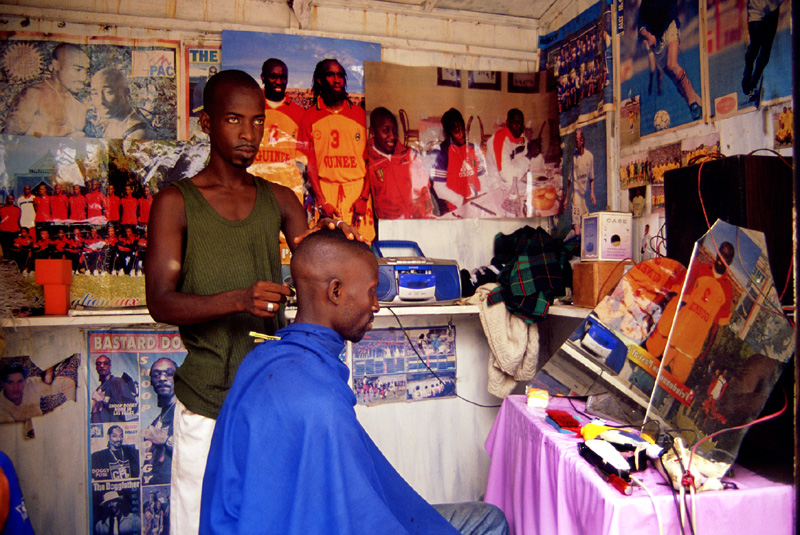
¿Do we look at Africa?
When we look at Africa we do it under a negative filter, because it’s only the centre of informative attention only to talk about wars and miseries. We don’t give enough voices to the Africans to talk about their own reality and when one of their journalists, writers, bloggers or activists has the chance to come here to talk to us we say: wow, there are other things going on in Africa. We are like children constantly surprised by new discoveries.
I remember August 2014 when I was in Sierra Leone with the purpose of telling what was happening there with the ebola virus. There was already thousands of dead people there and the extent of the illness affected every social structure and the everyday life of many other African countries. It was an epidemic of such dimensions as never seen before. However, in Europe we were focused on the debate on how to protect ourselves to avoid the arrival of the virus. We were only interested on it when European citizens started to get infected and die. That was, for me, one of the moments of greatest indignation, when the out of focus twisted vision of Africa affected me not only as a journalist but as a person.
I could never forget the case of the nursing assistant Nancy Yoko, at the Kenema hospital in Sierra Leone, where the healthcare workers work with no protection or enough resources and she would tell me: «Of course we are afraid, but I couldn’t stop treating these people and let them die». Two weeks later Nancy died after being infected with the ebola virus.
Something similar is happening with the uprising of the jihadism. We’ve recently suffered several terrorists attacks in Europe that have taught us there’s a problem. There’s a way to understand the religion that’s linked to a violent expression and that is settled both in Europe and Eastern Africa: Mali, Nigeria, Burkina Faso, Mauritania, Ivory Coast and even Senegal, a country which is traditionally steady and quiet. This problem exists and we cannot keep looking the other way.
What links us to Africa?
I do believe bridges exist. When I was in Gao, during the war in Mali, I interviewed the third mayor of the city, who had remained during the jihadist siege, and he told me he was one of the leaders of the Arma community, descendants of Moroccans and Spaniards who had arrived to Mali many centuries before, merging with the local population. He told me he still kept at home the drums, standards, and other objects belonging to those first Spaniards that were part of his ancestors and that Spanish blood run through his veins, as well as through mine.
So I think those bridges and those links exist anchored into history even though there’s a tendency to forget about them and take them for granted, with a certain condescendence and a disdain towards everything that comes from there. When in fact, if we learned to look at it in a different way we would understand immigration is a chance to learn, to share and even to do some businesses, where everybody could win something. Only in an same-level relationship we can move forward together, because otherwise we will keep some obsolete models alive.
I would like my work to matter if only to tell that other reality that is Africa. It is true we don’t always find the correct spaces but we are working on it, and you need to know where to look.
Video Heart of Africa, courtesy of Michael Sugrue.
Images from the video and pictures from Mauritania, Mali and Senegal by Conspiradores.





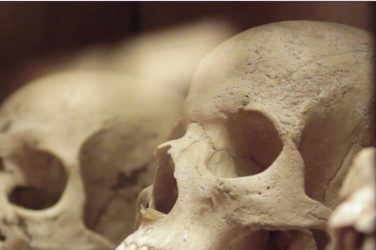
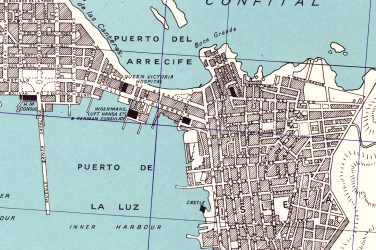
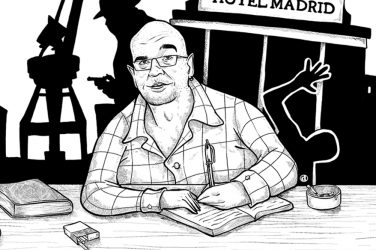
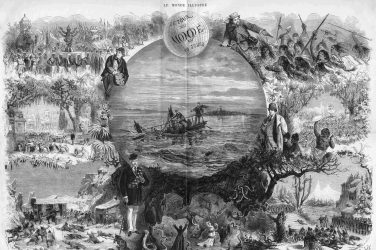
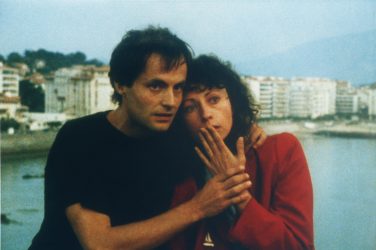

Mostrar comentarios (0)